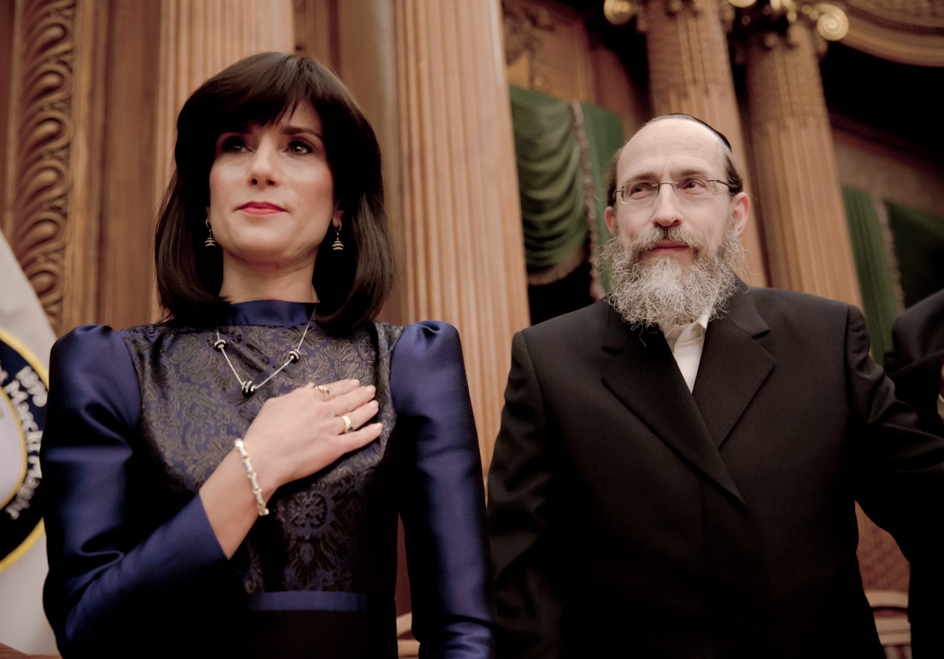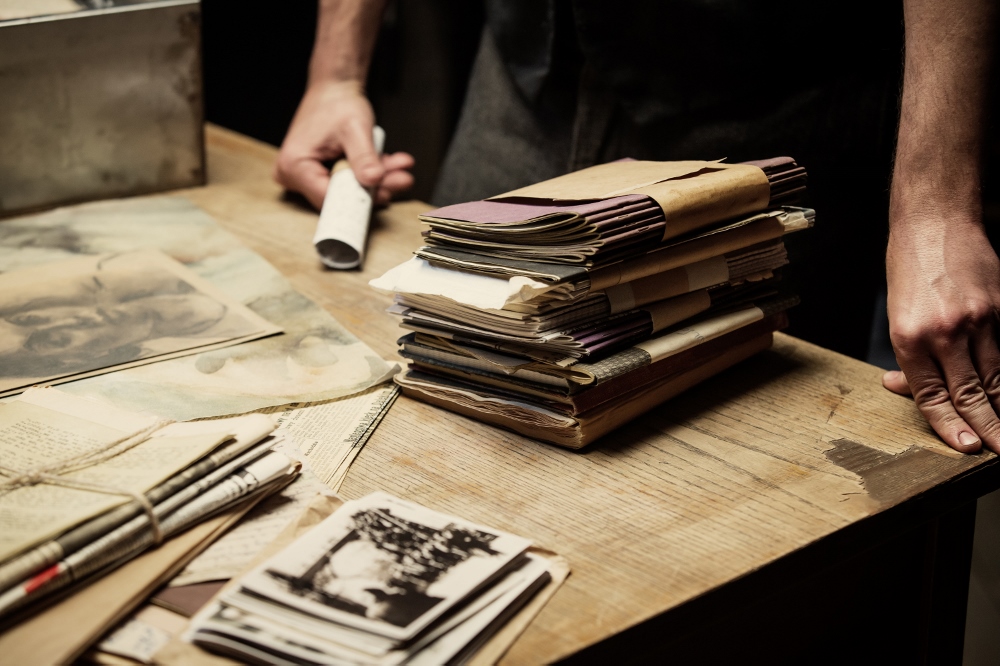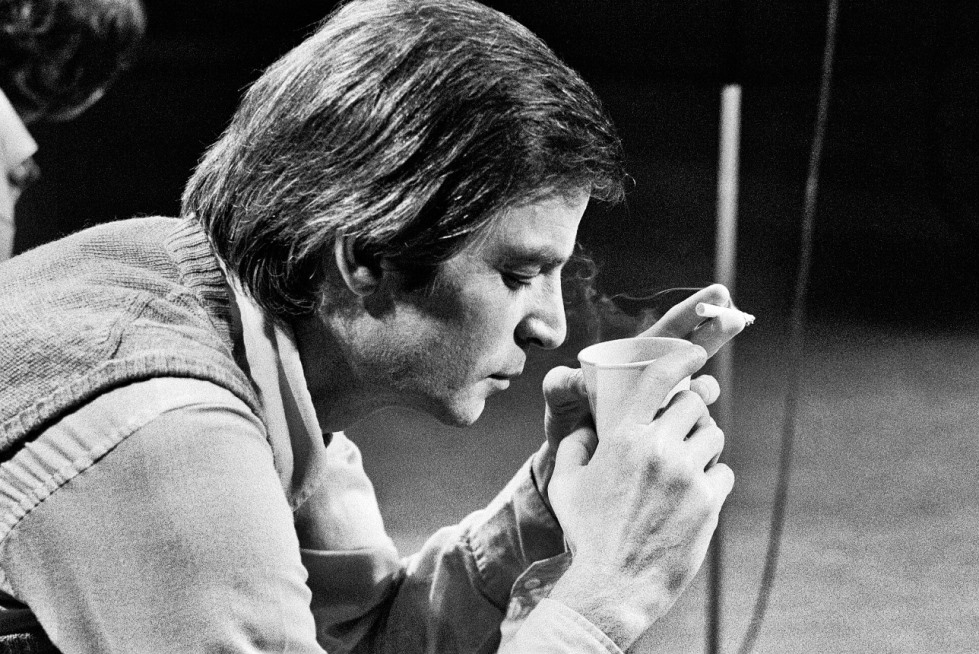Celebrating its 20th anniversary, the Jerusalem Jewish Film Festival will take place from December 1 – 6, 2018 at the Jerusalem Cinematheque. Reflecting the Jerusalem Cinematheque’s commitment to artistic excellence and cultural pluralism, 45 Israeli and international features, documentaries and short films will participate in the festival, exploring diverse topics through film: Jewish identity, history, culture, music, the Holocaust, contemporary Jewish life, and interfaith relations.

Highlights
Paula Eiselt’s 93Queen is an inspiring and exciting documentary that follows the establishment of Ezras Nashim – an all-women volunteer EMT corps in the Hasidic Jewish community, with a focus on the charismatic lawyer Rachel “Ruchie” Freier, who became the organization’s leader. Adding to the suspense, Freier, a challah-baking Hasidic Jew and mother of six, was also pursuing her personal dream of becoming a judge. Spoiler alert – in 2016 Freier became the first Hasidic Jewish woman elected as a civil court judge in New York State. Yet even knowing that she achieved her goal, the story of the journey is fascinating.
Energetic beyond belief, intelligent and articulate, Freier quickly dispels the notion that serving as an EMT is at odds with living in accordance with the Halakhah. On the contrary, she says, “most Hasidic women would want a woman to help them.” Therefore, having women EMTs would actually be a way of preserving the modesty and comfort of women in the community. It makes sense. Yet the local Hatzalah organization (volunteer emergency medical service) refused to admit women. The solution for co-founders Yocheved Lerner-Miller and Rachel Freier, was to establish an all-women’s organization. However, in a community that has such rigidly defined gender roles and separation between women and men (for example, certain streets have signs indicating that one side of the street is for men and the other for women), it’s an uphill battle with serious turf wars along the way. Screenings will take place on December 1 & 2, with filmmaker Paula Eiselt and The Hon. Rachel Freier in attendance.

“Sometimes I worry that these terrible pictures of the life we are looking at every day will die with us…so let the witness be our writing” – these are the words of Rachel Auerbach, writer, scholar, and one of the three surviving members of the Oneg Shabbat archive led by Emanuel Ringelblum. In the documentary Who Will Write Our History, filmmaker Roberta Grossman merges the written testimonies of the archive contributors with archival footage, dramatized sequences and interviews to tell the story of the clandestine organization, and its courageous members. The work of the Oneg Shabbat group is striking in many aspects. The effort required to rise above the dangers and suffering of their daily lives and recount in detail the atrocities witnessed must have been enormous, and with each entry written, the people contributing to the archive were risking their lives. Furthermore, their methods – taking note of everything that took place in daily life, and collecting all manner of artifacts – reveal a very contemporary approach to the writing of history.
Grossman’s approach to the documentary, with voice-over actors reading the texts (featuring the voices of Joan Allen and Adrien Brody) emphasizes the sense of intimacy and immediacy, as events are described in real time. Watching the documentary, one experiences life in the Warsaw Ghetto through their words. The film’s director Roberta Grossman and Executive Producer Nancy Spielberg will be in attendance at the screening.

Opening the festival will be “Remembering Arik Einstein” a celebration of the life and work of one of Israel’s most beloved artists. The evening’s program will include a concerto dedicated to the songs of Arik Einstein will be performed by graduates of the Jerusalem Academy of Music and Dance, a lecture, and the screening of two episodes from the series A Standard Love Song: Arik Einstein, created by Avida Livny, Assaf Amir, and Yoav Kutner. The series features intimate interviews with those who worked closely with Einstein, as well as archival footage from performances, films, and interviews with Einstein.
Jerome Robbins (1918 – 1988) brought a new spirit to Broadway musicals. West Side Story, which he conceived, choreographed and directed, remains a compelling work, its dance scenes an indelible part of cultural memory. Yet it is just one of Robbin’s many Broadway hits, including Gypsy (1959), A Funny Thing Happened on the Way to the Forum (1962), Funny Girl (1964) and Fiddler on the Roof (1964). Robbins began his career as a dancer, working with choreographer George Balanchine, and continued to perform for many years, while also creating his own choreography for ballet and musical theatre. The festival will mark the Jerome Robbins centennial with a screening of Jerome Robbins: Something to Dance About, directed by Judy Kinberg. The documentary features excerpts from personal journals, archival footage, rehearsal recordings, and interviews with Robbins and those who knew him well, including Mikhail Baryshnikov, Suzanne Farrell, Peter Martins, Chita Rivera, Stephen Sondheim and more.
More arts delights await fans of Barbra Streisand, in a special sing-along screening of a new, digitally restored version of Yentl. The interactive screening will feature live music and dance with Jerusalem’s Drag Queens Yossele and Mukshe on December 5th.
New to the festival this year is the SIGNIS competition for films on interfaith themes, coordinated with the International Catholic Organization for Cinema and the Holy See. The films to be shown include A Rose in Winter, Boy Erased, Ink of Yam, City of Joel, The Optimists, Samaritans, and The Last Refugees.
The full program and ticket information may be found on the Jerusalem Jewish Film Festival website.





